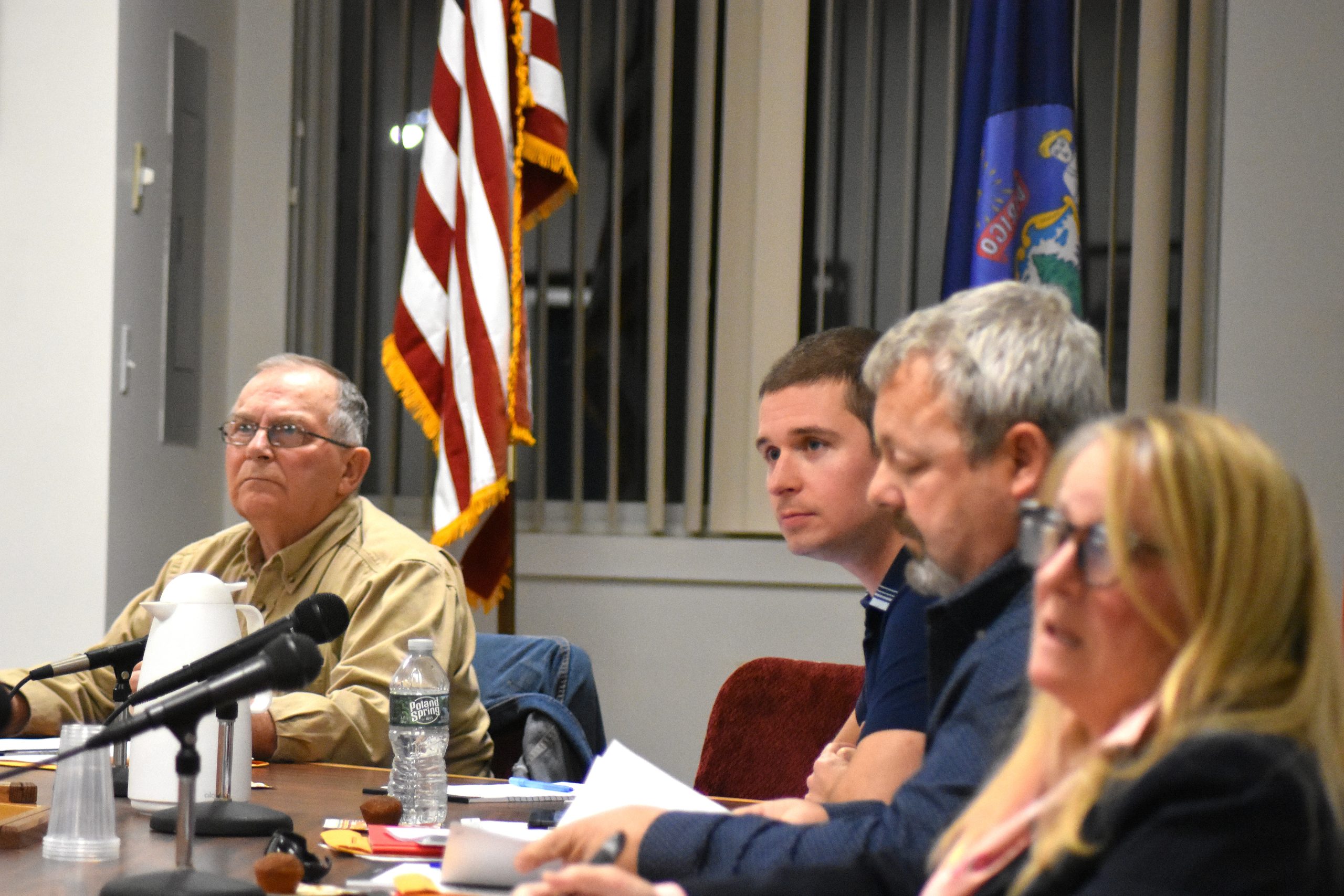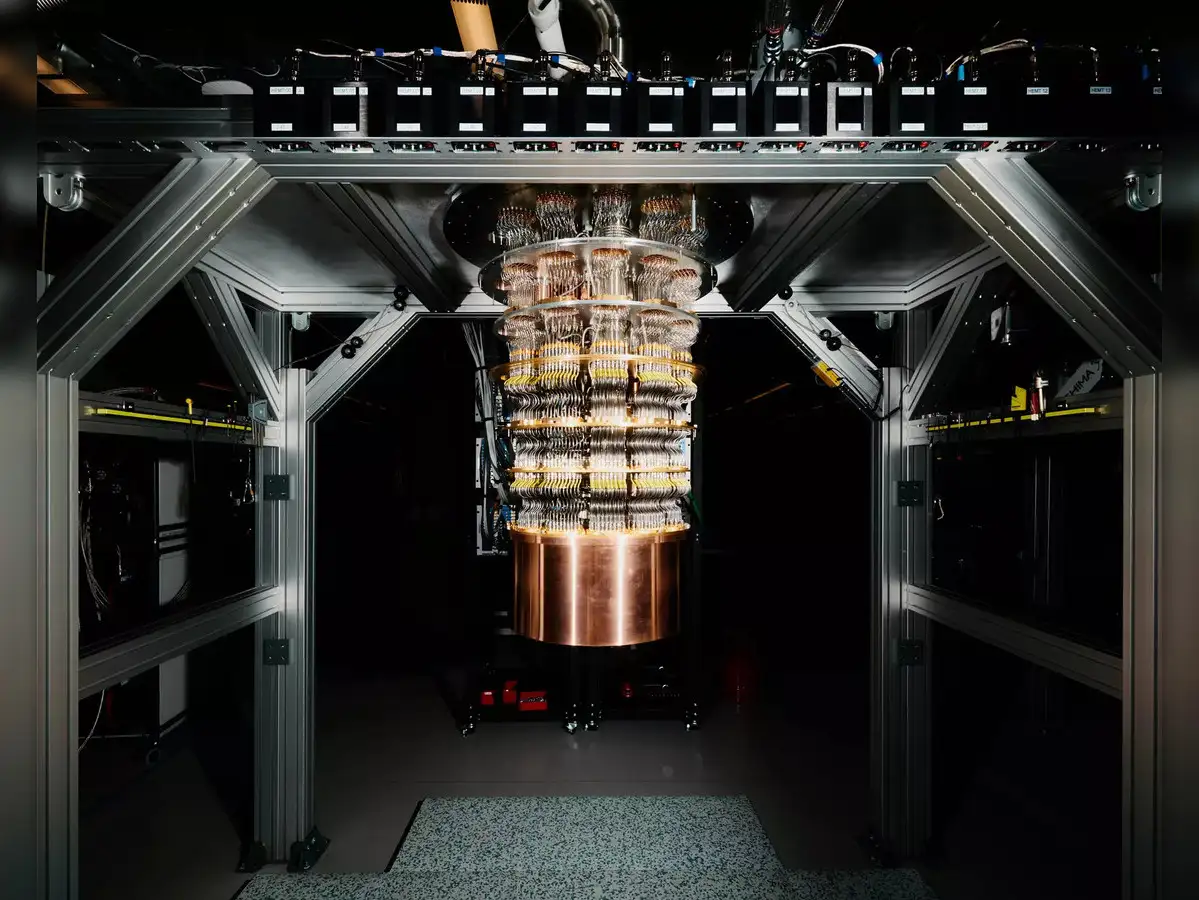Copyright Bangor Daily News

HOULTON, Maine — The town of Houlton has agreed to remove all of its surveillance cameras spread across town and destroy all data obtained while in use as part of a settlement agreement with three men who threatened to sue the town. After months of negotiation, the Houlton Town Council on Monday night approved a settlement agreement with Mark Lipscombe, Craig Harriman and Patrick Bruce, regarding the town’s controversial surveillance cameras equipped with facial recognition technology. The agreement has not been finalized with Lipscombe, Bruce and Harriman because the council made minor deadline amendments that the men have not yet seen and approved. “The question is now whether they changed it materially,” said Lipscombe during the meeting “Then we will have to decide if we are still willing to sign it.” The three men, who have each alleged that the town unlawfully possessed and utilized facial recognition technology in violation of Maine law, were prepared to file suit against the town seeking a temporary restraining order and permanent injunctive relief regarding the town’s use of the technology, the settlement alleges. Additionally, each filed multiple Freedom of Access Act requests related to the cameras, Harriman had twice sued the town for not releasing the requested data, and Bruce in January told the Town Council that the use of facial recognition technology violated Maine’s strict facial surveillance law. The town’s plan to install 50 surveillance cameras throughout the town first came to light in January 2024. Since then, documents obtained through dozens of FOAA requests by the BDN and Lipscombe, Harriman and Bruce appeared to reveal an ongoing pattern of use by staff from various town departments. Collected between Jan. 1, 2024, and Dec. 31, 2024, the data obtained by the BDN from the cameras’ digital access logs raised new questions about whether the town’s camera use violated a Maine law that sharply limits the use of facial surveillance technology. Since the beginning, it was the town’s contention that officials used the cameras — which were temporarily shut down earlier this year so they could review their legality — to protect town property and buildings. It wasn’t until February, during testimony in Harriman’s first legal challenge, that the Houlton Chief of Police Tim DeLuca first admitted publicly that the cameras were equipped with facial recognition tools. The data the BDN obtained this summer provided a glimpse into how the cameras were used, including more than 56,000 entries indicating that officials turned on a live video feed, allowing them to watch footage captured by the cameras in real time. Employees also apparently used the cameras’ more advanced functions to search for specific people and vehicles, according to the access logs obtained by the BDN. The logs showed 5,266 instances of “Profile Searched” or “Profile Searched with Details,” which means employees may have been searching for records of people who had previously been captured in the surveillance system and assigned a digital profile. Allegedly frustrated with the BDNs investigation into the town employee use of the cameras, Town Manager Cameron Clark, who is currently on administrative leave following his felony arrest in September, shared with a BDN reporter that the controversy over the cameras was ruining his reputation and hurting the town. Clark had called out the recent litigation and FOAA requests by the three men as the reason the town had depleted its legal budget for the year. Lipscombe, Harriman and Bruce drafted a proposed settlement agreement that, after much negotiation with town officials and the town’s Portland-based legal council, was approved on Monday night. The settlement requires the town to, within 60 days, remove the cameras and no longer use any facial recognition technology or camera system with facial recognition capabilities. The town will also delete all recordings, facial recognition data, biometric identifiers, and any other data collected by the system, with the exception of data that can’t be deleted because it might be needed for Freedom of Access Act requests, litigation or other legal obligations. A third party auditor, paid for by the town, will verify that all of the data has been removed and prepare a written report of the findings. . Additionally, according to the settlement, the town will create and maintain a publicly accessible FOAA log on the town’s website, updating the log within five business days of any FOAA response. By agreeing to the settlement, Lipscombe, Harriman and Bruce would agree to drop any pending litigation related to the cameras. The settlement would not prevent them from making complaints to law enforcement agencies about any alleged criminal conduct; filing complaints with professional disciplinary boards or ethics committees; or reporting violations to regulatory agencies or oversight bodies. The town’s Portland attorney forwarded the amendments to the men for their review.



